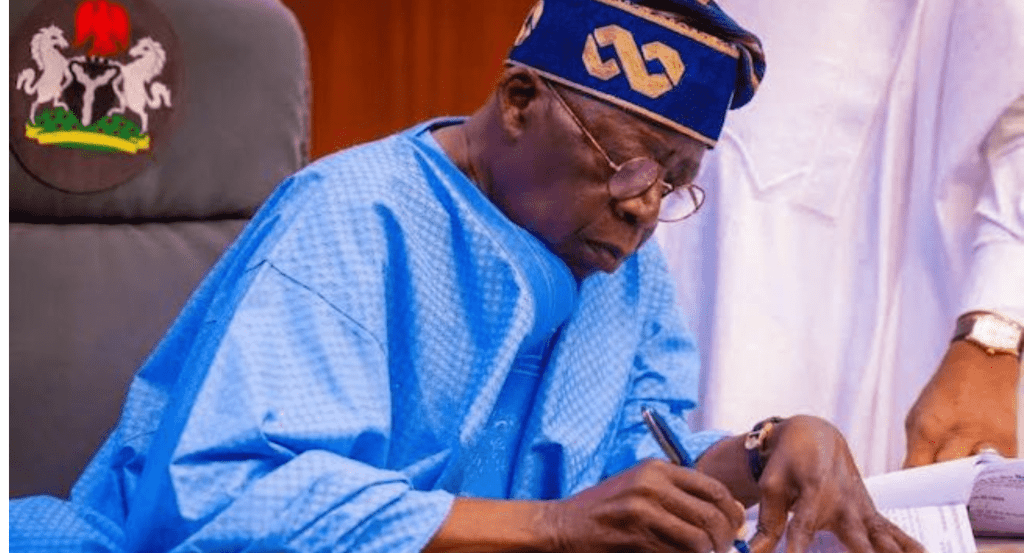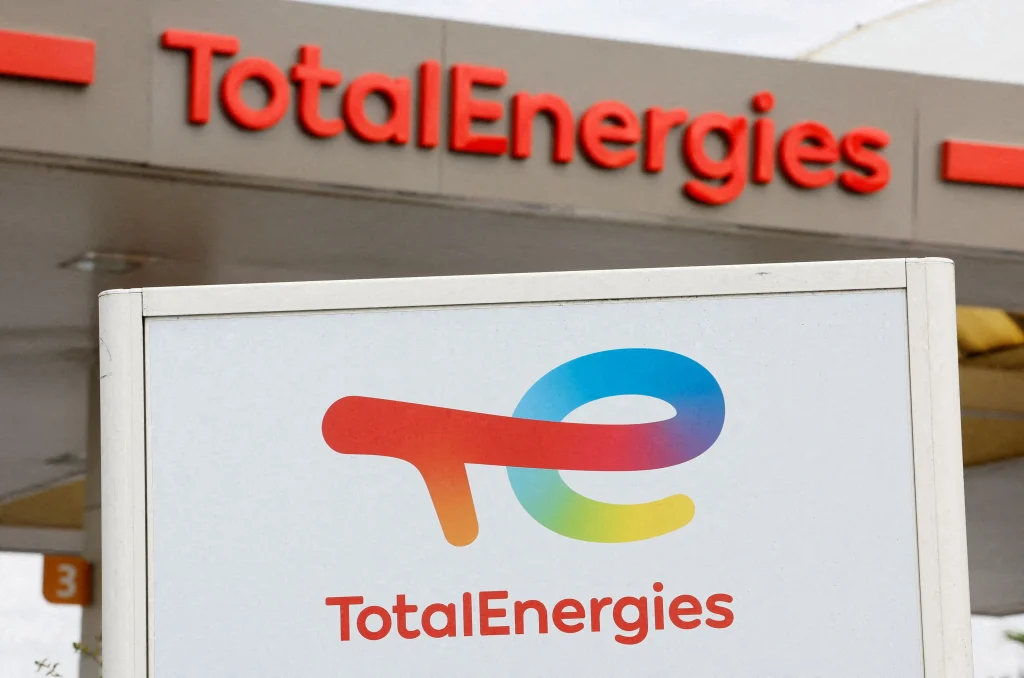President Bola Ahmed Tinubu has submitted a request to the National Assembly seeking approval for a fresh $2.2 billion external loan. The loan, according to the President’s communication to the Assembly, is part of efforts to finance Nigeria’s federal budget deficit and support critical development initiatives aimed at boosting the economy.
The proposed borrowing plan is expected to be sourced from various international financial institutions and development partners. It aligns with the 2024 budgetary framework, which includes substantial investments in infrastructure, education, healthcare, and other priority sectors. The Tinubu administration argues that the loan is necessary to bridge existing financial gaps and address pressing national challenges, including inflation, unemployment, and infrastructural deficits.
However, the loan request has sparked mixed reactions from lawmakers and economic analysts. While some members of the National Assembly view the borrowing plan as essential to stimulate economic growth and fund much-needed projects, others express concerns about Nigeria’s rising debt profile. Critics argue that continuous borrowing without adequate strategies for debt repayment could place the country in a precarious financial position in the future.
According to recent data from the Debt Management Office (DMO), Nigeria’s total public debt stood at approximately $103 billion as of mid-2024. The addition of $2.2 billion to this figure has raised questions about the sustainability of the nation’s borrowing habits. Some lawmakers have called for more transparency and accountability regarding how previous loans have been utilized before approving additional debt.
In his communication to the National Assembly, President Tinubu reassured lawmakers and the public that the funds would be judiciously applied to projects capable of generating economic returns. The administration also emphasized its commitment to implementing fiscal reforms and improving revenue generation to reduce dependence on external loans in the long term.
The National Assembly is expected to deliberate on the loan request in the coming days, with many Nigerians closely watching the outcome. While the President’s economic team continues to push for the loan as a necessary step toward national development, public opinion remains divided, with concerns about potential long-term financial implications dominating the discourse.
As Nigeria navigates this critical decision, the balance between immediate developmental needs and long-term economic stability remains a central consideration in the debate over the $2.2 billion external loan request.























